Blog
 05 Nov 2023
05 Nov 2023
Dental Implants: Guide to Aftercare and Maintenance
Getting dental implants to replace missing teeth is one of the best things you can do for your oral health and quality of life. Implants will help you speak, chew, and smile like you used to and help keep your jawbone from degrading.
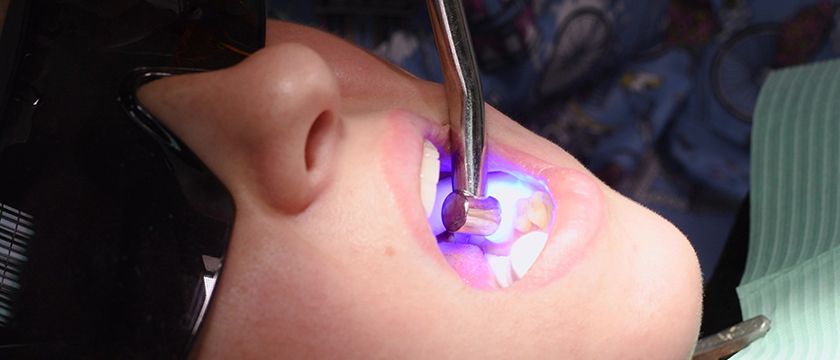 10 Oct 2023
10 Oct 2023
Dental Bonding: How to Achieve a Healthy and Bright Smile
Many people wish they could change a few small things about their smile but are not willing to undergo invasive treatments like orthodontics or crowns.
 05 Oct 2023
05 Oct 2023
Wisdom Tooth Extraction: What You Must Know Before the Visit
It is not uncommon for people to need their wisdom teeth removed. These teeth are routinely extracted with a simple oral surgery procedure that can be completed in a single visit. Our guide will answer all of your questions about this procedure, from how to prepare for the surgery to how long you can expect to spend in recovery.
 27 Sep 2023
27 Sep 2023
Possible Issues with Dental Bridges You Should Know
Dental bridges offer a simple and minimally invasive solution to the problems posed by missing teeth. While these prosthetics can restore your smile and quality of life, they do not last forever. Here are a few of the most common problems that may cause a dental bridge to fail and what you can do about them.
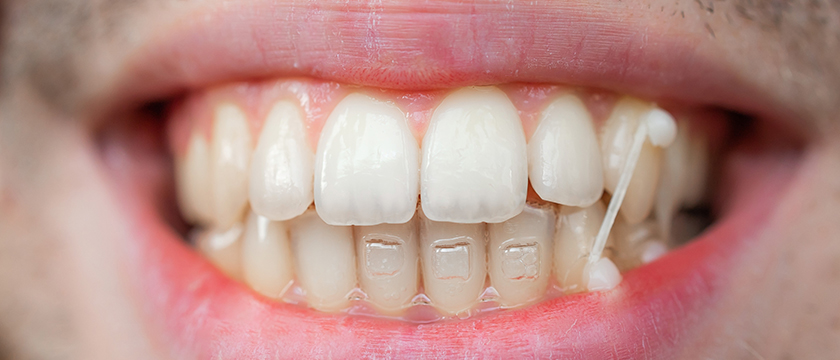 17 Sep 2023
17 Sep 2023
What are Invisalign Rubber Bands?
Invisalign treatment is an extremely popular way to achieve a beautiful, straight smile. In some cases, however, aligner trays alone are not enough to produce your desired results.
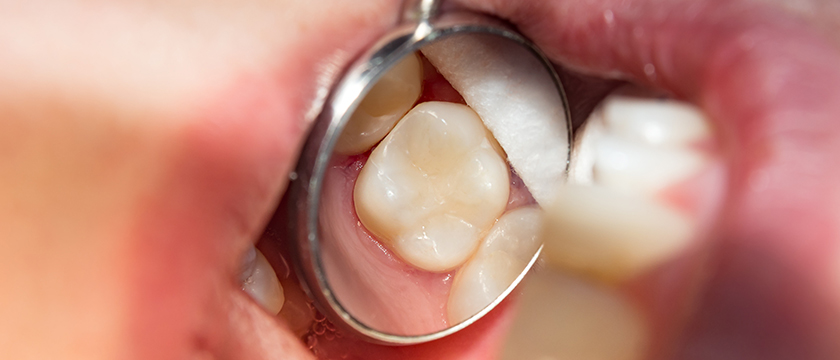 10 Sep 2023
10 Sep 2023
Are Dental Fillings Safe?
Dental fillings are the most common treatment dentists use to repair damaged or decayed teeth. Here at Trillium Smile Dentistry, we offer our patients beautiful white composite fillings that blend in perfectly with the rest of their smile. However, some patients worry that these fillings may have hidden dangers. Today, we will discuss the safety of composite fillings and discover why dentists consider them completely safe to use.
 05 Sep 2023
05 Sep 2023
6 Natural Ways to Reverse Tooth Decay
If you have a cavity in one or more of your teeth, you may be dreading the dental filling that is surely in your future. Luckily, some early tooth decay stages are reversible, and there may be an alternative solution that will help you avoid the dentist’s drill. Try the following tips to heal your cavities naturally and restore your teeth without any dental work.
 10 Aug 2023
10 Aug 2023
Your Complete Guide to Composite Veneers
Your smile is one of the first things people will notice about you when they meet you. If you do not feel confident showing off your teeth, you may hold back in social situations and spend more time than you should worrying about whether anyone has noticed the flaws.
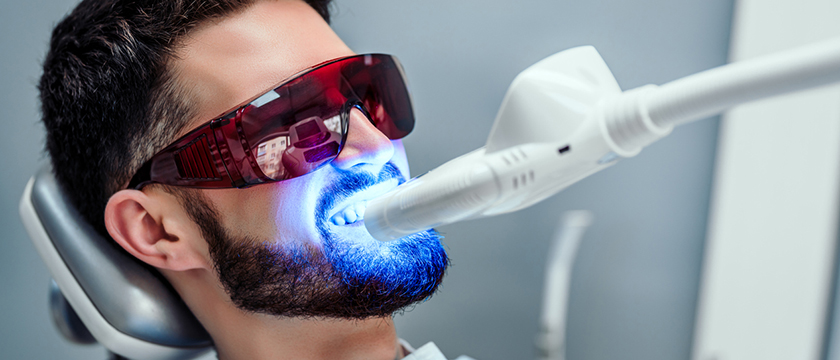 05 Aug 2023
05 Aug 2023
All You Need to Know About Zoom Teeth Whitening
Have you found yourself wishing your teeth were whiter and brighter? Zoom teeth whitening is the perfect solution for this common problem. Our guide will discuss everything you need to know about Zoom teeth whitening, including how it works, what its benefits are, and what you can expect during the procedure.
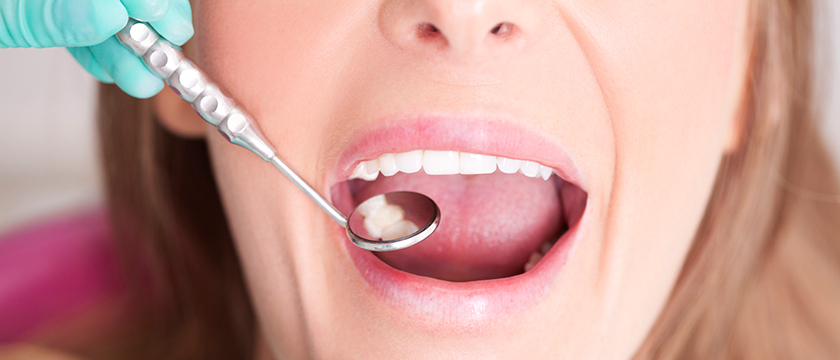 10 Jul 2023
10 Jul 2023
Things You Should Know Before Getting a Dental Filling
Did you know that almost every Canadian will need at least one dental filling in their lifetime? Despite how common they are, the idea of receiving one still fills many people with dread. If you are one of them, let us set your mind at ease. Our guide will demystify the dental filling process from start to finish so you can relax and get the treatment you need.
